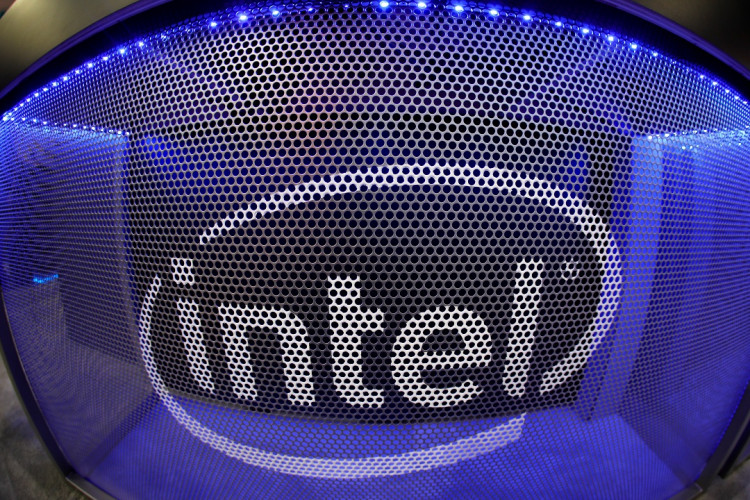For its wider strategy to expand its artificial intelligence (AI) portfolio, US tech giant Intel Corp has reportedly acquired Israel-based AI company Habana Labs. Intel announced on Monday that it has acquired the AI firm through a $2 billion deal.
Intel mentioned in its statement that it believes that the global AI chip market could reach more than $25 billion by 2024. The company acquired Habana Labs to further expand its portfolio and to give in an advantage in its attempt to solidify its position in the rapidly growing AI market.
Under the deal, Habana will continue to operate as an independent business unit led by its existing management team. However, the company will have to directly report to Intel's data platforms group moving forward.
Intel has continually been trying to grow its AI portfolio through a number of deals, resulting in a shift in its revenue sources. Prior to its acquisition of Habana Labs, Intel had acquired a string of AI-related companies such as Altera, Mobileeye, Nerana, and Movidius.
Habana Labs, a company that was founded in 2016, mainly focuses on the production and development of AI processors. The company currently has offices in San Jose, Poland, Beijing, Gdansk, and Tel Aviv. Since its establishment, Habana has been able to raise more than $120 million from investors. Last year, the company was able to raise more than $75 million through a funding round led by Intel Capital.
For 2019, Intel had reported a 20 percent increase in its AI-drive revenues to $3.5 billion. The company has slowly been trying to shift away from its PC sales, which have all but stagnated over the past couple of years, focusing more on sales to data centers to compensate.
According to the head of Intel's data center group, Navin Shenoy, the company was particularly interested in acquiring Habana given its expertise in producing chips aimed at deep learning computing. The types of chips produced by the company are capable of making machine learning computations that are commonly being done in data centers.
Shenoy explained during an interview that each set of chips produced by the company is designed to address specific problems. This includes solving problems related to autonomous driving and training machine-learning algorithms used in data centers.
One of the main drivers for Intel's decision to move ahead with the acquisition was Habana's recently launched AI chip that could serve as a direct competition to a similar offering from Nvidia Corp. In June, Habana launched its new Gaudi AI training processor.





